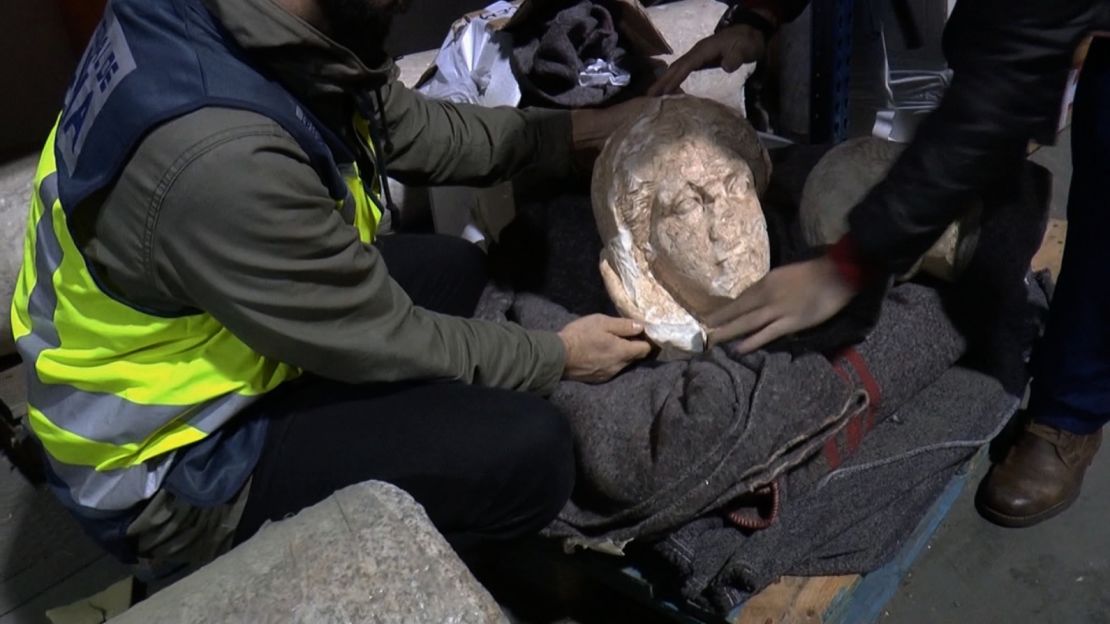Spanish police have arrested two men for allegedly smuggling pieces of art looted by groups affiliated with ISIS from sites in Libya.
Authorities there believe this to be the first ever police operation against the financing of terrorism through the looting of art.
The suspects, both 31-year-old Spanish nationals, are art experts who bought the pieces – known in the market as “blood antiquities” – to sell in their gallery, according to a police statement Wednesday that did not specify where the gallery was located. Police named them only as Mr. O.C.P and Mr. J.B.P.

They were arrested in Barcelona for their “alleged participation in the crimes of financing terrorism, belonging to a criminal organization, trading in stolen goods, smuggling and forging documents.”
The statement said that the suspects were part of a Catalonia-based network with international reach dedicated to the retail of artworks from territories controlled by groups affiliated to ISIS.
The two men used foreign intermediaries to acquire the artworks, and concealed the origin of the goods by dispatching them from Asia and different parts of the Middle East, police said.
After searching five locations, including storage facilities and the gallery where some looted pieces were on sale to the public, police recovered artworks including sculptures, mosaics and sarcophagi.
With the help of the Libyan authorities, police verified the authenticity of the pieces and traced their origin to the Apollonia and Cyrene archaeological sites in northern Libya, both of which have been looted by terrorist groups.

Some of the recovered pieces showed imperfections such as bumps and dents that suggested they had been extracted from the ground violently and transported insecurely, police said.
Police believe the suspects carried out restoration work on the artworks in Spain in an attempt to disguise the damage.
Members of ISIS have destroyed or looted a number of ancient cultural treasures in Syria and Iraq, often posting videos of their vandalism online.
In 2015, the FBI asked art collectors and dealers to look out for antiquities that could have been put on the market by ISIS.
The warning came after “credible reports” that some Americans had been offered cultural items that seemed to have been taken from Syria and Iraq, according to a statement at the time from Bonnie Magness-Gardiner, who was then manager of the FBI’s Art Theft Program.


